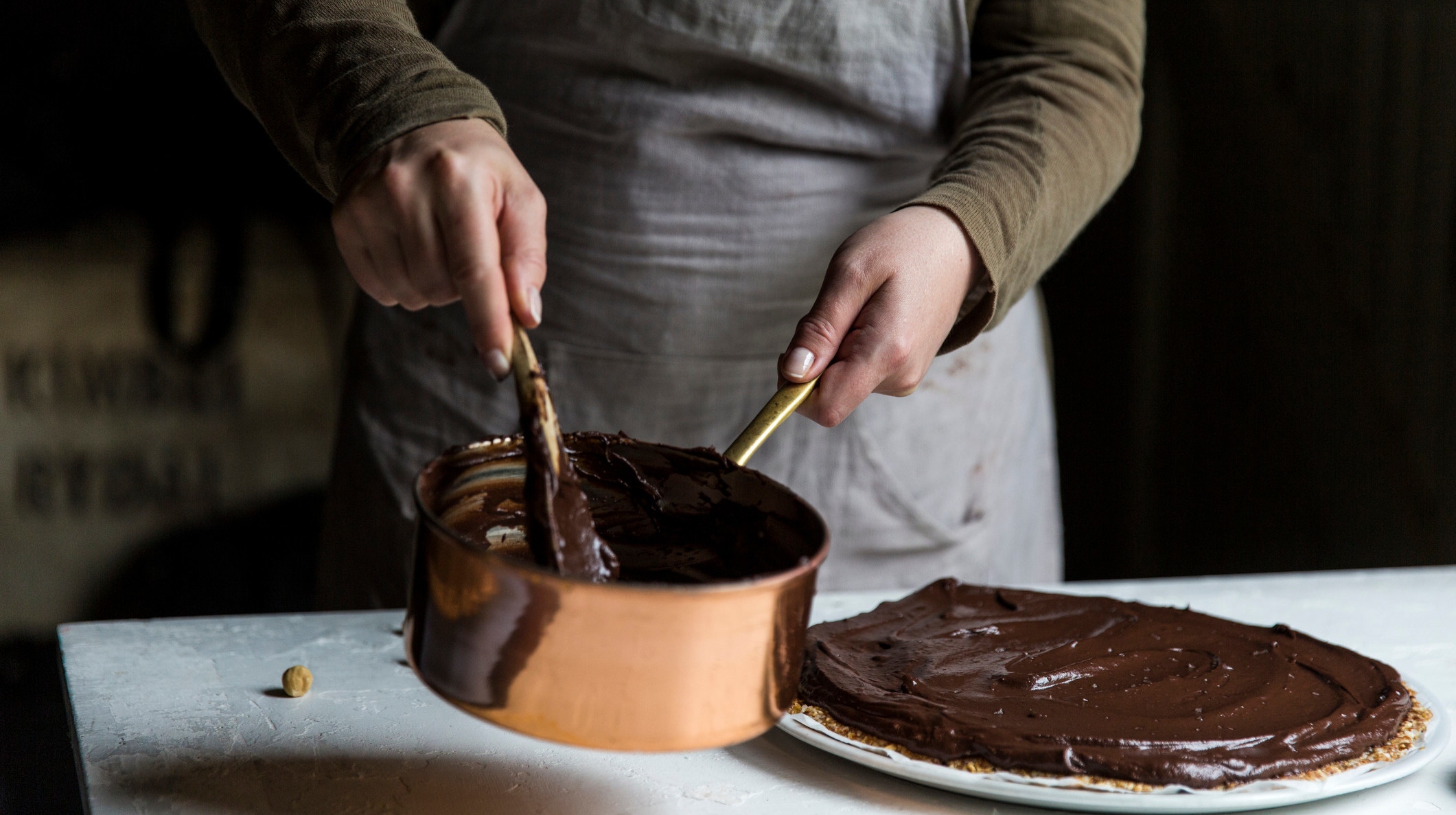Is Copper Cookware Better?
Good pots and pans tend to be expensive, and that's especially true for copper cookware, which looks gorgeous, has a sort of timeless aesthetic appeal, and is often dramatically more expensive than even its high quality stainless steel equivalents. But is copper cookware really better? And if so, why?
According to Mac Kohler, the co-owner of Brooklyn Copper Cookware, copper offers unparalleled heat conduction, which makes it well suited not just for stovetop pots and pans, but also for roasting pans. Kohler says that copper's thermal efficiency is a little over 400 watts per meter Kelvin; by contrast, the thermal efficiency of aluminum is about 230, and the thermal efficiency of stainless steel is about 16. Even without knowing what the number indicates, the comparison alone tells you how much more efficient copper is.
That heat conduction is hugely important. Copper cookware heats up blindingly fast and also distributes heat extremely well. If you're the kind of cook who wants your pan to reach a specific temperature, there's no beating copper. And if you're in the market for a roasting pan, copper is absolutely the best choice, as it will cook the contents of your pan much more efficiently, meaning your cooking times will be reduced and you'll achieve better browning. Copper is also beautiful, and when treated correctly (and gently) it can last for decades.
Copper does have significant downsides though. It's quite expensive, and that's particularly true of legacy brands like Mauviel. Copper also tarnishes easily, and it's difficult to maintain the soft gleam that makes it so beautiful. It's a soft metal that's prone to scratching and denting, and when exposed to acidic foods it will develop verdigris, that greenish patina that you'll find on pennies (and the exterior of the Statue of Liberty). Verdigris is poisonous when ingested, and for that reason—and to prevent copper's metallic flavor from leaching into food—copper cookware is lined with metal such as tin or stainless steel. But, unfortunately, tin is also a very soft metal that can be damaged by hard metal utensils, meaning that tin-lined cookware will inevitably need to be retinned. Copper also isn't induction compatible.
So, should you buy copper pans? That depends on your needs, and your kitchen. For many people the benefits outweigh the downsides, and the thought of having a kitchen filled with gleaming copper pots is incredibly alluring. For others, the price alone will rule out the purchase. But if you're on the fence, do consider a copper roasting pan. It's beautiful, is unlikely to get banged up (since you likely won't be using utensils inside of it, other than to make a pan gravy), and performs incredibly well.
